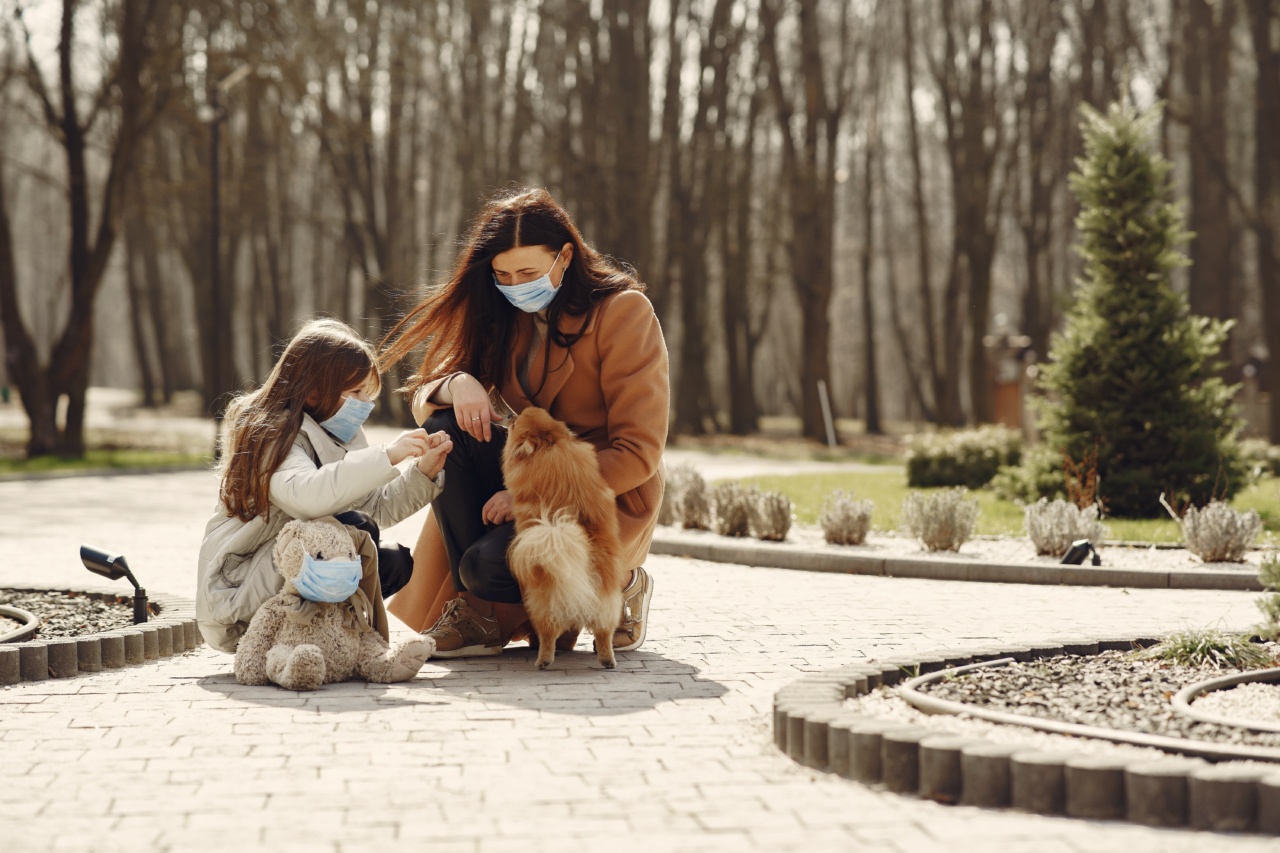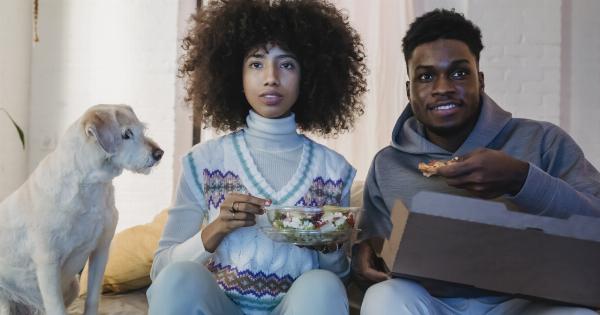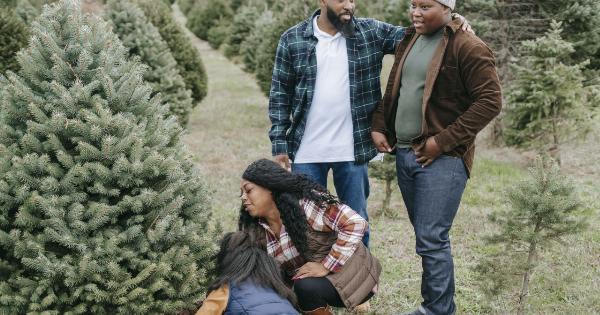The holiday season is a joyous time for families and their furry companions. However, amidst all the celebrations and festive decorations, pet owners should be mindful of the potential risks that can pose a threat to their four-legged friends.
From hazardous foods to unfamiliar surroundings, there are various holiday hazards that can result in accidents or illness for pets. In this article, we will explore the top 10 holiday risks for pets and provide helpful tips on how to keep them safe during this festive time.
1. Toxic Foods
During the holiday season, many households are filled with delicious treats and festive meals. However, certain foods that are safe for humans can be toxic to pets.
Chocolate, raisins, grapes, onions, garlic, alcohol, and artificial sweeteners (such as xylitol) should be kept well away from your furry friends. These foods can cause gastrointestinal upset, organ damage, or even be life-threatening if ingested by pets.
2. Decorative Plants
While festive greenery can enhance the holiday spirit, some plants commonly used for decorations are toxic to pets.
Mistletoe, holly, and poinsettias can cause gastrointestinal distress, drooling, vomiting, or even more severe symptoms if pets decide to chew on them. Keep these plants out of your pet’s reach or opt for artificial alternatives to ensure their safety.
3. Tinsel and Ornaments
Shiny tinsel and delicate ornaments may look appealing to pets, but they can pose significant risks. Cats, in particular, are known for playing with tinsel, which can lead to intestinal blockages if swallowed.
Glass ornaments can break and cause injuries if knocked off the tree or shattered in playful moments. Be cautious when decorating to prevent accidents, and consider using pet-friendly decorations.
4. Candles and Fireplaces
The warm glow of candles and fireplaces adds to the cozy atmosphere during the holidays. However, pets can accidentally knock over candles or get too close to open flames, resulting in burns or even starting a fire.
Ensure that candles are placed in secure holders and never leave them unattended. Use fireplace screens to keep curious pets away from the flames.
5. Loud Noises and Fireworks
The holiday season often involves loud celebrations, including fireworks and parties. These sudden noises can cause extreme anxiety for pets, leading to stress-related behaviors or even escape attempts.
Provide a safe and quiet space for your pet to retreat to, away from the noise and commotion. Consider using calming techniques or consult with your veterinarian about potential anxiety medications.
6. Holiday Guests
Visitors and house guests add excitement to holiday gatherings, but they can also cause stress for pets. Some pets may become anxious or frightened by unfamiliar faces or increased activity levels.
Inform your guests about any specific rules or sensitivities your pet has and provide a calm space where your pet can retreat to if needed.
7. Christmas Trees
Christmas trees are a beloved holiday tradition, but they can pose risks for pets. Make sure your tree is securely anchored so that it cannot be easily toppled by curious cats or playful dogs.
Be cautious with water additives used to keep the tree fresh, as some may contain chemicals that are harmful if ingested by pets. Additionally, sweep away fallen pine needles regularly, as they can cause intestinal blockages if consumed.
8. Electrical Cords
Decorative lights and electronic devices are prominent during the holiday season. However, exposed electrical cords can be tempting for pets to chew on, leading to electrical shocks or even more serious injuries.
Keep cords secured and out of reach, or consider using cord protectors to prevent pets from accessing them.
9. Holiday Wrappings and Ribbons
Gift wrapping materials, such as ribbons, bows, and wrapping paper, can be hazardous if ingested by pets. These items can cause intestinal blockages, leading to severe complications or the need for surgery.
Dispose of used wrapping materials immediately and keep gift bags, tissue paper, and similar items out of your pet’s reach.
10. Stress and Changes in Routine
Pets thrive on routine and familiarity, but the holiday season often brings disruptions to their normal schedules. Changes in routines, increased activity, and additional visitors can cause stress and anxiety in pets.
Try to maintain regular feeding, exercise, and playtime schedules to provide a sense of normalcy for your furry friends. If necessary, create a quiet, safe space where your pet can escape the hustle and bustle of the season.






























